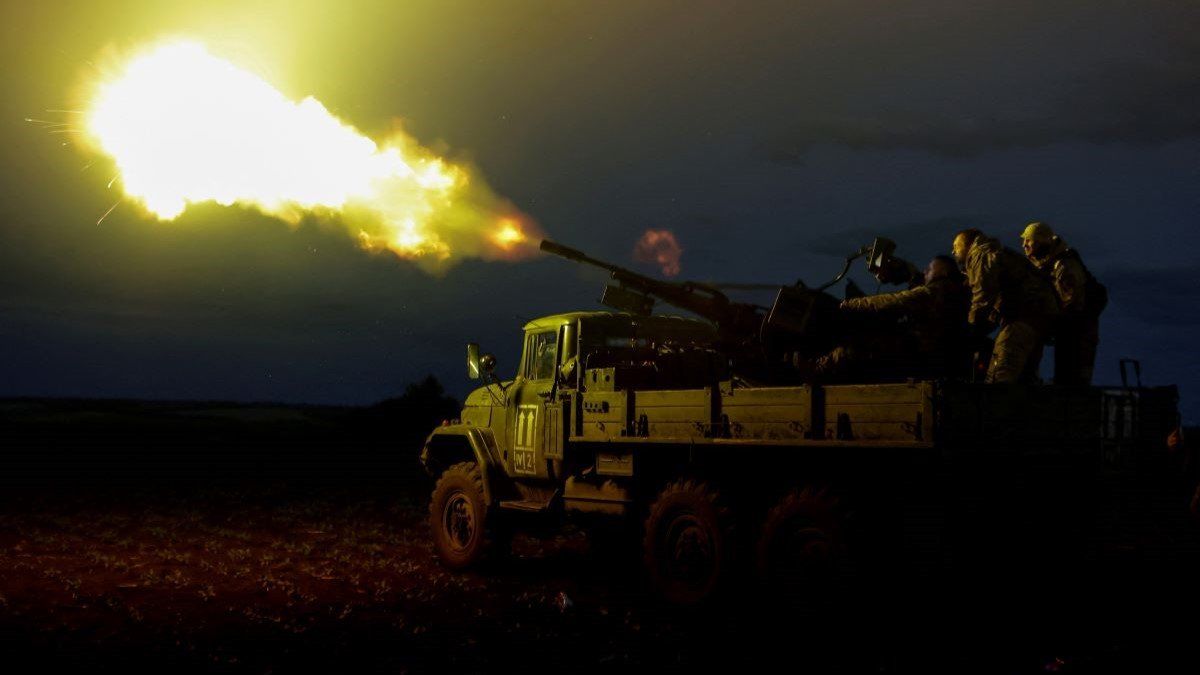Trump to unveil major new arms support for Ukraine
Apparently fed up with Russian President Vladimir Putin’s unwillingness to pause anintensified air and ground offensive against Ukraine, US President Donald Trump says Washington US will provide Kyiv with Patriot missile systems and other powerful weapons. To skirt the need for approval from Congress, where support for Ukraine is contentious, Trump says the US willsell the weapons to NATO allies, who will then dispatch them to Ukraine. The package may also include long-range missiles. This is all bad news for Russia, which seems to be hoping that its relentless airstrikes will break the military stalemate and force concessions from Kyiv in eventual ceasefire talks.
The 92-year-old who wants to be president again.
Cameroonian President Paul Biya isn’t ready to throw in the towel just yet. The reclusive 92-year old has ruled for half a century, the second longest run in the world. Last year he had to dispel rumors that he was actually dead. Nonetheless, Biya announced yesterday that he will seek yet another seven-year term atop the central African country of 30 million, which is known globally for producing oil, cocoa, and soccer superstar Samuel Eto’o. Two of Biya’s ex-allies are running to replace him in the October election, but they’ll face a steep uphill battle in a country considered less democratic than Cuba.
Israel intervenes in Syria’s sectarian clashes
Israel on Monday said it
launched airstrikes on so-far-unidentified tanks in southern Syria, amid ongoing clashes there between Sunni Bedouin tribes and Druze militias that have drawn in Syrian government forces as well. While Syria’s interior ministry
claims government troops entered the region to “restore order”, the Syrian Observatory for Human Rights, a UK-based war monitor, accused Syria’s security forces of siding with the Bedouins. Israel’s intervention could complicate
ongoing efforts to negotiate a Syria-Israel security arrangement. Israel has previously
warned Syria’s government against harming the country’s Druze minority – which supports Israel’s existence and has members serving in the IDF.
